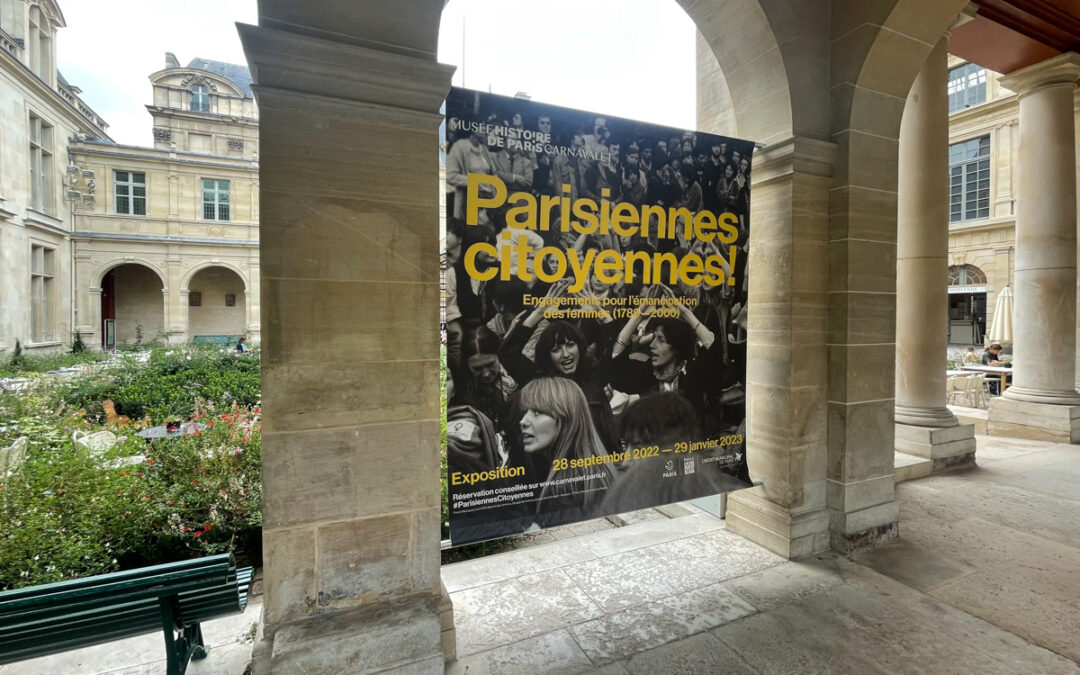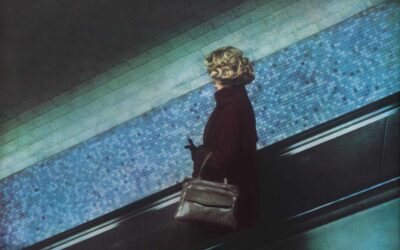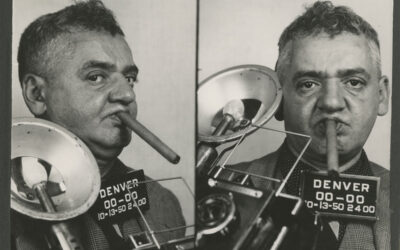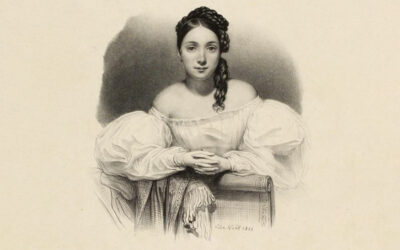Parisian citizens!, Carnavalet museum, photo: Axel G.
Here is an exhibition that will make everyone agree: the feminists of the Élisabeth Badinter school, the neo-feminists trending Sandrine Rousseau and, even, the upset feminists who sometimes believe themselves to be anti-feminists. Without forgetting – we were going to forget them – the men. There is something implacably factual in “Parisian citizens, commitments for the emancipation of women”, a formidable exhibition tracing “the long march” of the other sex from 1789 to the present day (at the Carnavalet museum, in the Marais, in Paris, until January 29, 2023).
Designed chronologically, it presents documents, photos, posters, sculptures, paintings, videos and even a fascinating extract from a silent and misogynistic film (unless...) from the 1910s which imagines the hell of male life if the roles of men and women were reversed.
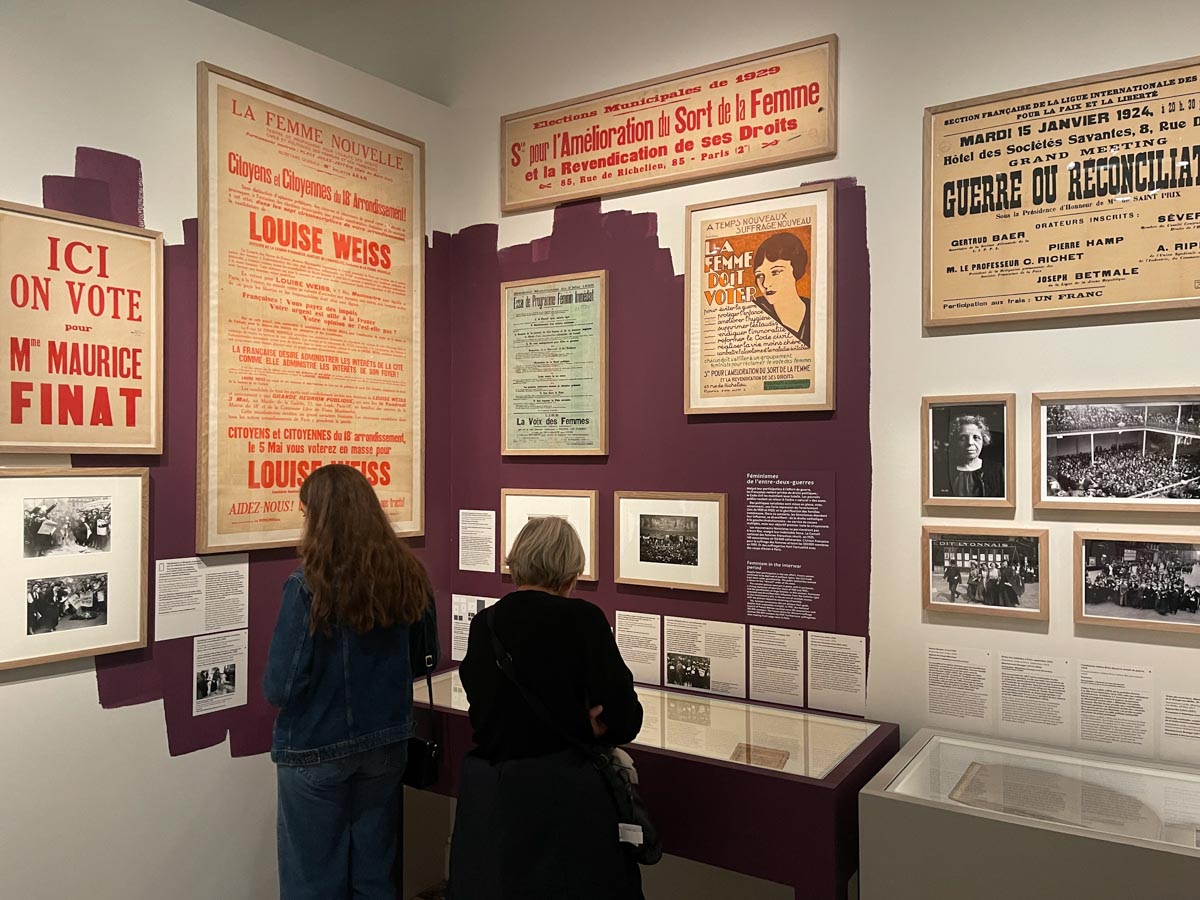
Parisian citizens!, Carnavalet museum, photo: Axel G.
The visit begins with an original copy of the Napoleonic Civil Code of 1804 opened on the page “Respective rights and duties of the spouses”. After the traditional “the woman must obey her husband” (article 213), we also learn that “the adulterous woman will be condemned to seclusion in a house of correction, for a specific time, which cannot be less than three months, nor exceed two years” (article 298).
Right next to it: a bill (never voted on) relating to “the ban on teaching women to read.” »And also, this manifesto aimed at preventing the practice of cross-dressing, linked to the fact that certain women disguised themselves as men to be able to enjoy the same freedoms as them (as in Afghanistan today). In 1895, the feminist fight involved cycling: women demanded the right to wear bicycle pants (a period example is in the window), much more practical than a dress for traveling on two wheels.
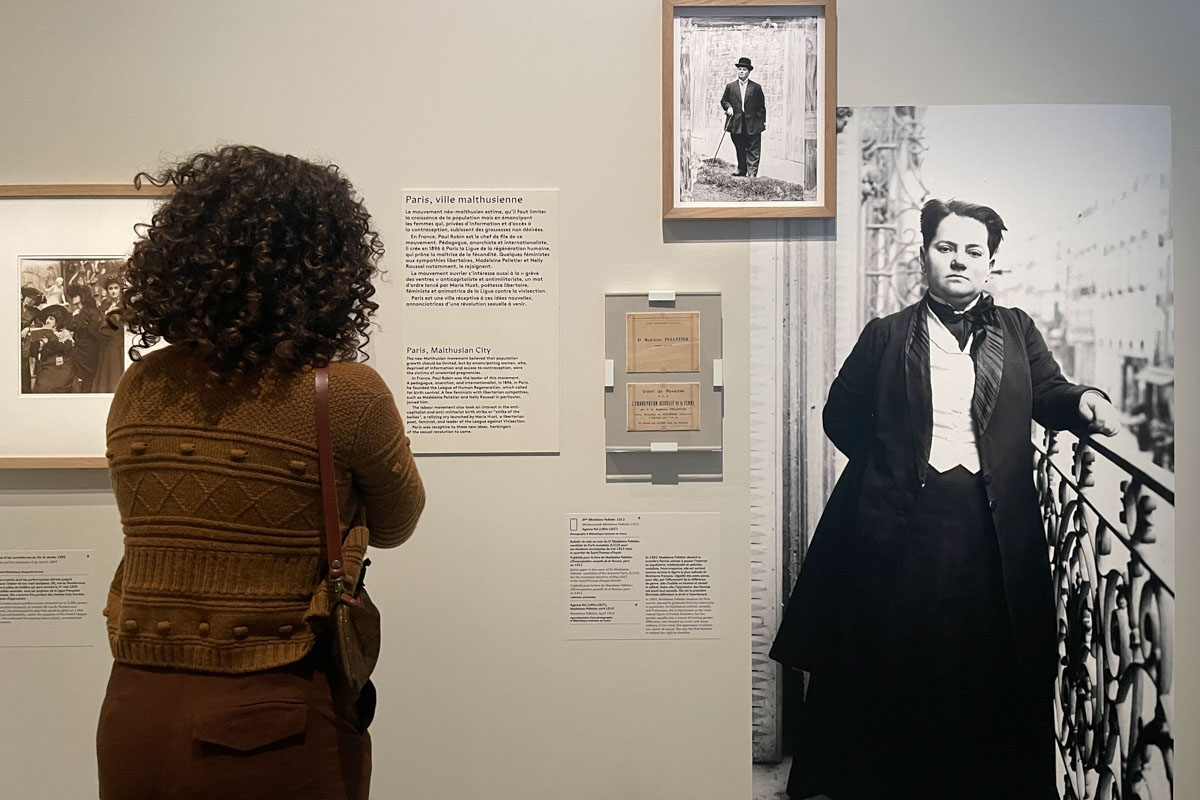
Parisian citizens!, Carnavalet museum, photo: Axel G.
The exhibition evokes the journey of many free women, pioneers of their own cause: the sculptor Camille Claudel, Mme Petit, the first woman lawyer or even Séverine, reporter at La Fronde, a newspaper edited by an exclusively female team, Simone Veil, Simone de Beauvoir, etc. The inter-war period gave pride of place to the brilliance of Louise Weiss, whose agit-prop included, in 1936, the interruption of the circulation of the Royale (which created quite a traffic jam) and the invasion of the racecourse during the Grand Prix at Longchamp.
Further on, a newspaper makes irony about "everything that, in France, a woman cannot do": "vote in an election, obtain a passport without authorization, dress like a man, administer justice, hold high office, leave the marital home”. And the newspaper concludes “But she could be guillotined…”
It is also about the “MLF” (women's liberation movement) of the 1970s and a thousand other episodes in this joyful and optimistic fresco which draws an epic.
▼ Parisian citizens
Carnavalet Museum
23, rue de Sévigné, 75003 Paris
Tuesday to Sunday from 10 a.m. to 18 p.m.
Closed on Mondays.
Tel: +01 44 59 58 58
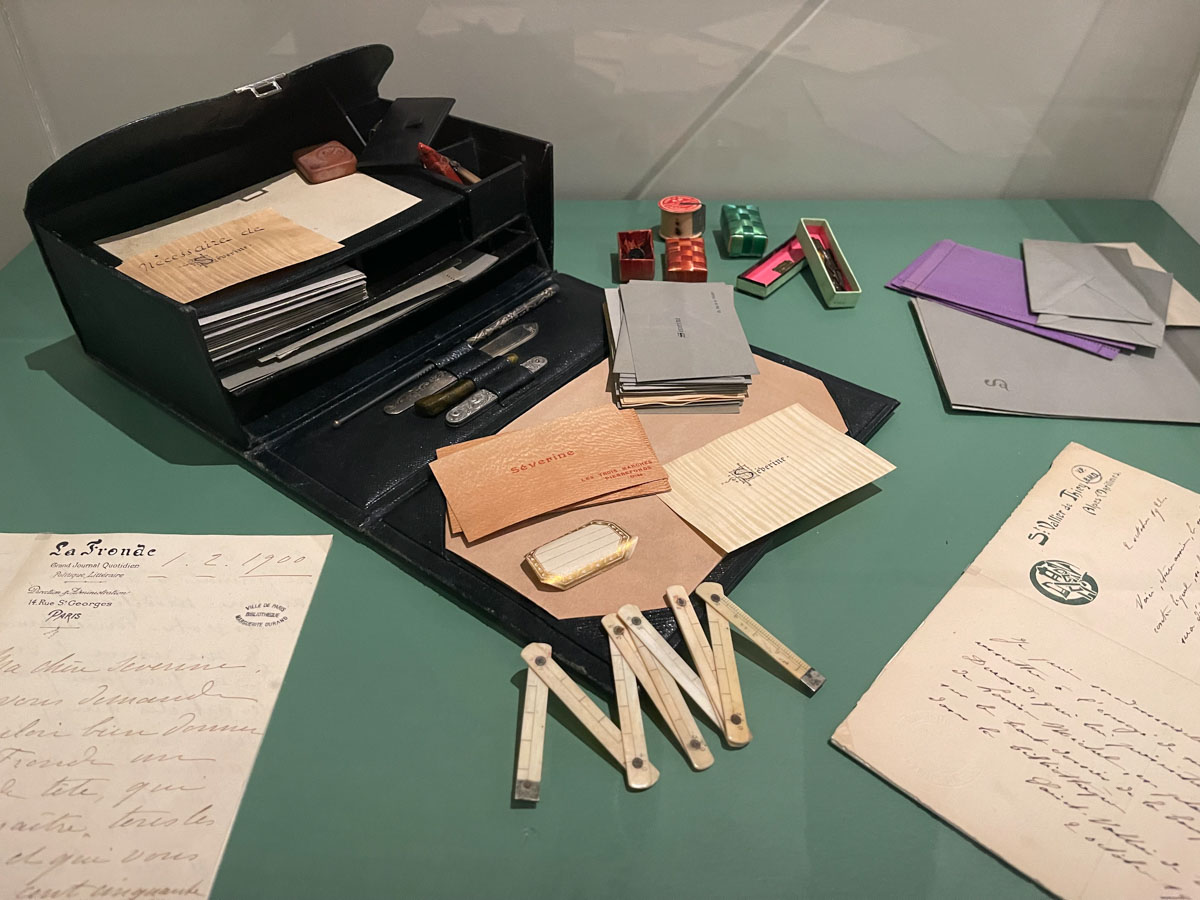
Parisian citizens!, Carnavalet museum, photo: Axel G.
Text: Axel G. – Instagram
21.10.22
THERE ARE LOTS OF MUSEUMS HERE
Annie Ernaux, the literature of reality at the MEP
The 2022 Nobel Prize-winning writer has been interested in photography for a long time, notably in the text “the use of photography”, a four-handed story published in 2006. At the European House of Photography, on the banks of the Seine , the exhibition Exteriors - Annie Ernaux & Photography flourishes until May 26, 2024.
The Weegee enigma, extreme photographer
American photojournalist from the 1930s and 50s, famous for his black and white photos of nightlife in New York, Weegee takes this nickname as a nod to the spirit board, the Ouija board. Because he proclaims himself a “psychic photographer” with the 3rd eye.
Joann Sfar featured at MAHJ
Who doesn’t know the comic strip “The Rabbi’s Cat”? Its creator, Joann Sfar, was born in Nice in 1971. In this retrospective at the Museum of Art and History of Judaism in the heart of the Marais, the first of its kind, we will see many original plates presented in images by the famous cat .
NOW ON THE MOOD MARSH
The best tattoo parlors in Marais
Tattooing, an age-old practice, has long been the prerogative of convicts, dock workers, the underworld and sailors. Although it has become democratized, now affecting all profiles and concerning one in five French people, including 16% women compared to 10% men, it still remains taboo due to its definitive and transgressive nature.
Juliette Drouet actress, muse and mistress of Victor Hugo
At 14 rue Sainte-Anastase, from 1836 to 45 and at 12 from 1845 to 48, a few hundred meters from Place des Vosges, lived the muse and lover of Victor Hugo, Juliette Drouet née Julienne Gauvain.
Piccola Mia, the pizzas of the Republic
On the Place de la République, a brasserie with Italian accents has just opened, which quickly made people forget the old Pizza Pino. Welcome to Piccola Mia, the fruit of the joyful encounter between Italian chef Denny Imbroisi, pizza chef Julien Serri and mixologist Matthias Giroud who creates a creative cocktail menu.

